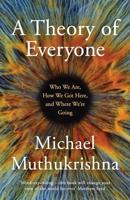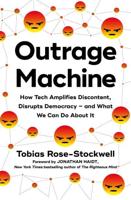Publisher's Synopsis
This book examines the social significance of mobile telecommunications. Not a day goes by when we don't hear one ring, and they have rapidly become a taken for granted feature of life today. That they have had an impact on the way we live is undeniable; the precise nature of this impact is less certain. To what extent have mobiles redefined community, security and danger, the division between rich and poor, and public versus private? How are mobile phones changing our environments? What is their impact on society as a whole? Could these phones be anti-social, even though their function is to connect people? These are some of the key issues that the book addresses. The Mobile Society considers, from a number of perspectives, the ways in which the mobile phone has become embedded in everyday life. It looks at how gaze, gesture and posture are used when making calls in public places as ways of dealing with competing social demands. It focuses in detail on mobile usage amongst young people, highlighting the ways in which it is shaped by existing peer culture, and examining the ritual properties of text messaging.;The authors also show how perceptions of the mobile are formed within complex and sometimes contradictory sets of expectations about privacy, availability, accountability and safety. A theme that runs throughout is that the mobile can provide a strategic vantage point for reconsidering 'larger' sociological questions, such as the relation between public and private, or the possible reconfiguration of space and time in urban environments. The Mobile Society is an essential read for anyone with an interest in new technology and media as well as sociology, anthropology and cultural studies.










